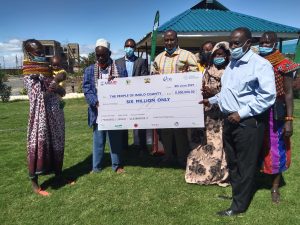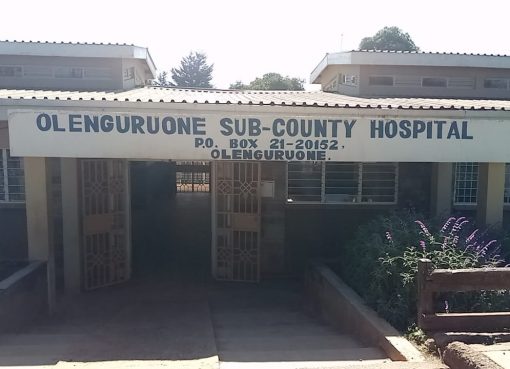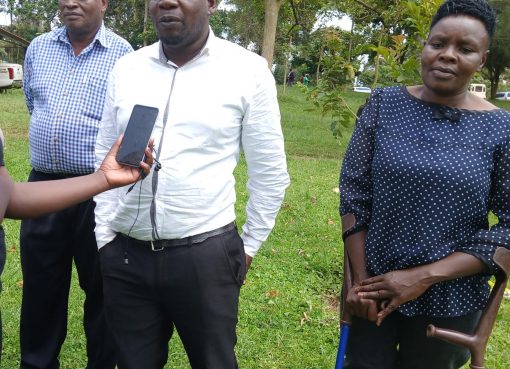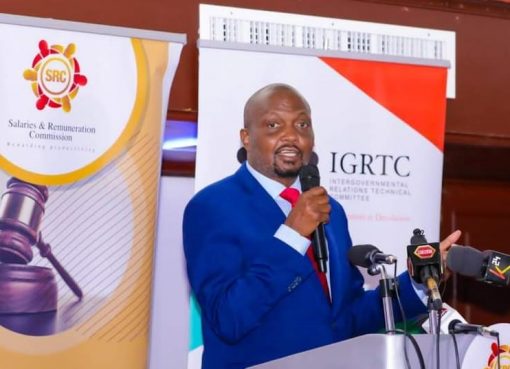Isiolo and Marsabit counties are set to benefit from a United States Agency for International Development (USAID) funded Nawiri programme to aid in reducing acute malnutrition persistent within the pastoral communities living in the region.
The counties have experienced recurring high rates of global acute malnutrition over the last decades, and there are indications that the problem is worsening in spite of efforts made to address it.
The programme will be implemented by a consortium of organisations led by the lead partner Catholic Relief Services (CRS), Village Enterprises among others.
Ngaremara and Cherab wards in Merti Sub-county in Isiolo will benefit from the pilot programme where 600 households in 14 villages have been targeted that are worst hit by high poverty rates and the families with acute malnourished children.
A total of Sh33million was donated with Sh.27million allocated to grants to the households and Sh6million to be utilized in business start-ups.

The project will provide cash transfer of about Sh 30,000 to a cluster of three households to start businesses with individuals getting Sh 7,500 bi-monthly for 12 months.
The poverty rate index in Isiolo is at 72 per cent compared to 36.6 per cent nationally.
Speaking during the official launch of the programme, the USAID representative, Leah Okero, said that Training on business skills will also be taught to the beneficiaries by forming business saving groups to help them handle future shocks that might arise.
Villages based business mentors will be tasked with tracking each business progress through the digital TaroWorks platform and provide in-person and mobile phone mentoring to the entrepreneurs.
The Ministry of Health through the Department of Nutrition will work with Community Health Volunteers (CHV) to educate the communities on the importance of good feeding practices for pregnant mothers, infants, and young children, and people with disabilities.
The Global Acute Malnutrition (GAM) rate according to the 2020 SMART survey showed that 16.7 per cent of children are malnourished.
Nawiri hopes to empower the communities so as not to depend on the government or international donors anytime a calamity strikes through a journey to self-reliance.
By Parklea Ivor





